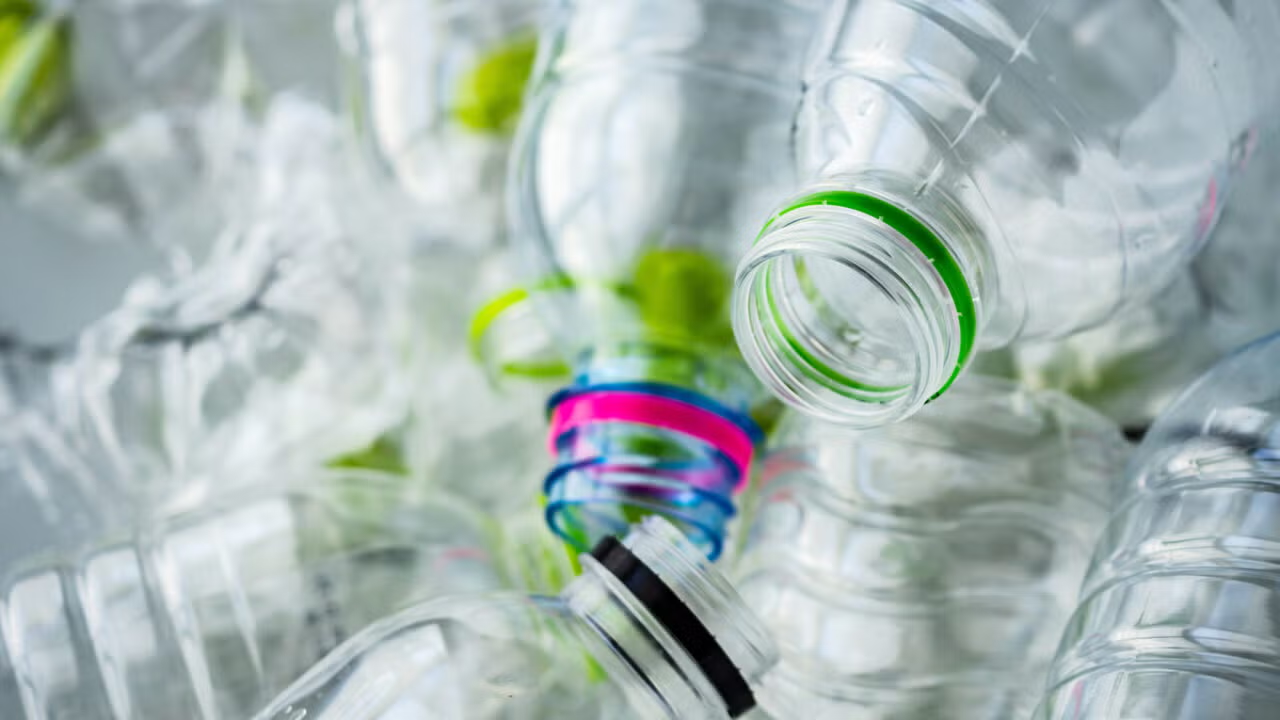Why it matters: UA News Center reports that research teams at the University of Alabama and UC Berkeley have independently discovered novel approaches to break down plastic waste, potentially revolutionizing recycling and addressing one of the world’s most pressing environmental challenges.
The Big Picture: Yahoo reports that the University of Alabama’s breakthrough uses imidazole, a simple organic molecule, to:
- Break down PET and polyurethanes
- Create valuable chemical intermediates
- Operate without additional solvents
- Enable higher quality recycled products
Technical Innovation: The process offers several advantages over traditional methods:
- No catalysts required
- Lower operating costs
- Broader range of end products
- Simpler implementation
Industry Impact: Meanwhile, UC Berkeley researchers developed a complementary approach using:
- Sodium and tungsten catalysts
- High-pressure reactors
- Ethylene as a reactant
- Complete plastic breakdown capability
Looking Forward: These discoveries could transform plastic recycling economics, making it more profitable to collect and process waste plastic than to dispose of it. The University of Alabama’s work, supported by National Science Foundation funding and collaboration with Iowa State University, shows particular promise for scaling to industrial levels.




















